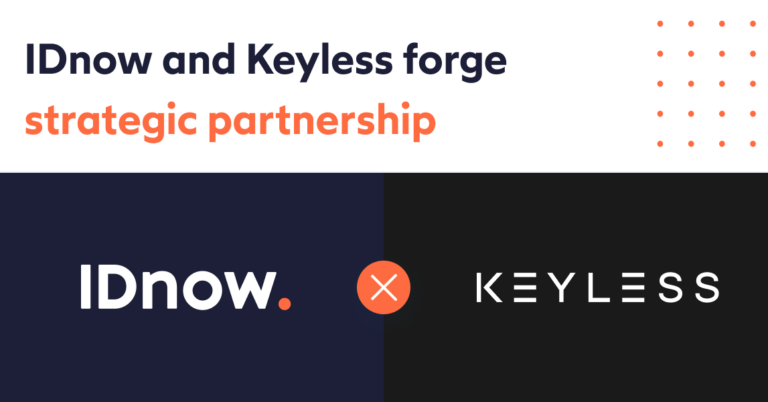What is the Financial Action Task Force?
The Financial Action Task Force (FATF) is an international organization that was established in 1989 to combat money laundering and terrorist financing. In the years since its inception, the FATF has become one of the leading voices in the fight against these illicit activities.
Working with member countries to set standards and best practices for financial institutions, it also monitors compliance with these standards. In recent years, the FATF has been instrumental in preventing money laundering and terrorist financing through its work with Financial Intelligence Units (FIUs) around the world.
What does the FATF do?
The Financial Action Task Force, or FATF, works to prevent money laundering and terrorist financing through a variety of initiatives and programs. Its main objectives are to promote international cooperation in combating financial crimes, set standards for anti-money laundering and counter-terrorist financing measures, evaluate countries' policies and practices, identify needs for technical assistance, and conduct mutual evaluations. Through these efforts, the FATF aims to build capacity in member countries around the world and help them safeguard their financial systems from criminals seeking to use them for illicit activities.
In addition to its role in preventing money laundering and terrorist financing, the FATF also plays an important role in helping countries build stronger economies and promoting global economic stability. Ultimately, its work serves as an essential framework for international efforts to combat financial crime across the globe.
How does the FATF work?
In order to fight against money laundering and terrorist financing, the FATF standards cover a range of measures, such as customer due diligence, record-keeping, and cross-border cooperation, and are divided into two parts:
- The Recommendations, which set out the minimum requirements for countries to implement;
- The interpretive guidance, which provides clarification on how the recommendations should be applied in practice. The Recommendations are reviewed and updated on a regular basis, typically every few years.
Main topics include the following:
- Clarification and elaboration of the risk-based approach to implementing AML/CFT measures
- National cooperation and coordination
- Preventative measures such as customer due diligence and record keeping, additional measures for specific customers and activities including Politically Exposed Persons and new technologies
- Transparency and beneficial ownership of legal persons and arrangements
- Regulation and Supervision
- International Cooperation
To ensure that countries are complying with the standards, the FATF monitors compliance through a comprehensive evaluation process by conducting both on-site visits and peer reviews of its members.
The FATF also provides technical assistance to countries that need help in implementing the standards. In sum, the Financial Action Task Force operates through setting recommendations and standards, conducting periodic reviews, and offering technical assistance in order to help countries effectively combat money laundering and terrorist financing.
How many countries are under FATF?
The FATF currently has 39 member countries including Germany, Austria, France, Italy, Switzerland, the United States, and the United Kingdom, to name just a few, and two regional organizations, including the European Commission, representing most of the world’s major financial centers.
Its work is based on the principle that all countries should have in place a robust legal and regulatory framework to detect, prevent, and punish money laundering and terrorist financing. The FATF also provides guidance to countries on how to implement these measures effectively. Furthermore, it conducts regular assessments of member countries to ensure that they are compliant with FATF standards.
Overall, the FATF’s standards have been adopted by more than 200 countries and jurisdictions, and its work has helped to freeze billions of dollars of illicit funds.



